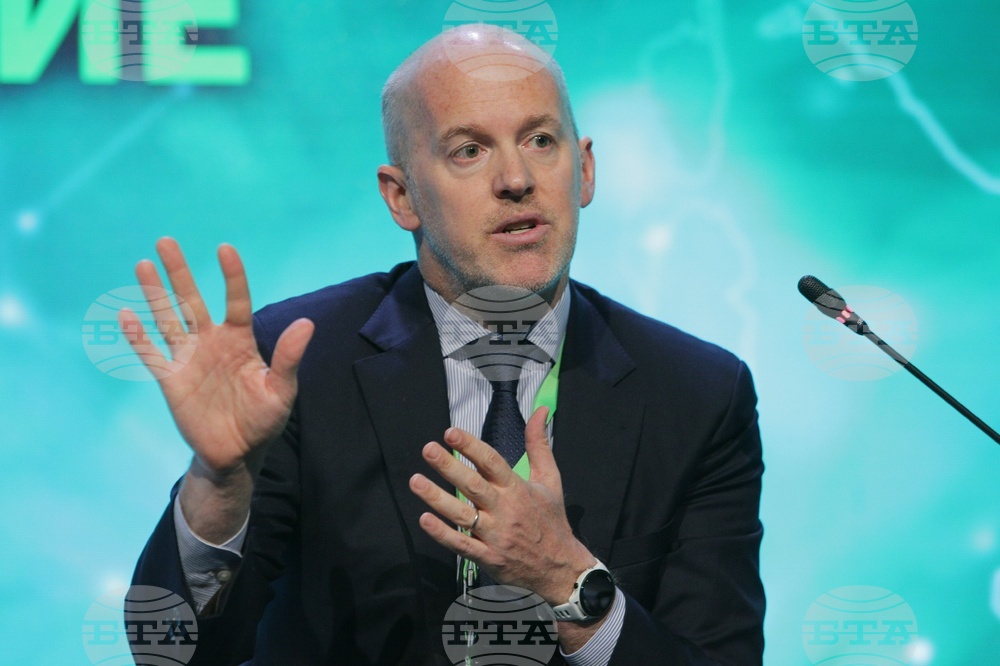The climate transition has been a focus of the International Monetary Fund (IMF) for years, although this comes as a surprise to some experts. We know how dangerous climate change is for the economy and for society. This is what Jeff Gottlieb, IMF Senior Regional Representative for Central, Eastern and South-Eastern Europe, said at the Green Transition and CEE 2023 forum, which is taking place in Sofia. It is organized by dir.bg and 3E News, and BTA is a media partner.
Jeff Gottlieb participated in the second day of the event in the session “Financing Green Transformation in the CEE Region”.
The transformation of the economy towards decarbonisation has direct but also indirect costs. Climate change mitigation is particularly necessary in poorer societies and for the people who will suffer most. More emissions are produced by well-developed economies, so it is important to find who will pay for these costs that are unaffordable for poorer countries, Gottlieb said. In developing economies, budgets are quite limited and governments cannot allocate money for green measures, he stressed.
The EU also has restrictions on broad funding through green grants. The EU already imposes a carbon tax in the form of carbon trading allowances, this means for the public sector that it takes care of the green transition. The EU has a treaty on how those funds raised from any financial penalties will be used, said Jeff Gottlieb.
Private funding should cover three-quarters of green transition projects, but there is also room for publicly funded measures, Gottlieb added. Banks have instruments that can be used for this purpose, but even if financing is available for green projects, there may be no demand, the IMF expert warned. Private low-carbon funds are growing faster, but mostly in developed economies and are taking the lion’s share of the funding. An increase in atmospheric temperature of more than two degrees will lead to very serious climate disruption and extreme events, the IMF financier said. It is very important not to be paralysed by our fears, he added.
When countries use certain policies, a mix of a higher price for carbon and incentives to reduce carbon emissions is needed. The asymmetric distribution of climate measures may be to the detriment of policymakers and the countries implementing them because some activities will shift to countries with lower taxes. We need a global agreement on subsidies and taxes to influence climate change, said Jeff Gottlieb.
For me, as a representative of the European Climate Bank and as a Vice President at the European Investment Bank (EIB) dealing with cohesion policy in the CEE region, the green transition is particularly important, said during the same session of the forum Lilyana Pavlova, Vice-President of the EIB.
Our main commitment as a Climate Bank is decarbonisation and support for green investments. We have a programme to mobilise one trillion euros by 2030 for this purpose. However, things are now conditioned by crises piling on top of each other and the issue of the green transition is becoming more and more topical. The negative effect of the war in Ukraine, the disruption of the supply chain, the need to reduce dependence on Russian gas, create opportunities for the green transition, especially in Europe, said Lilyana Pavlova.
The EIB is ready to step up support for the green transition and make the European continent carbon neutral, participants in the discussion said.
